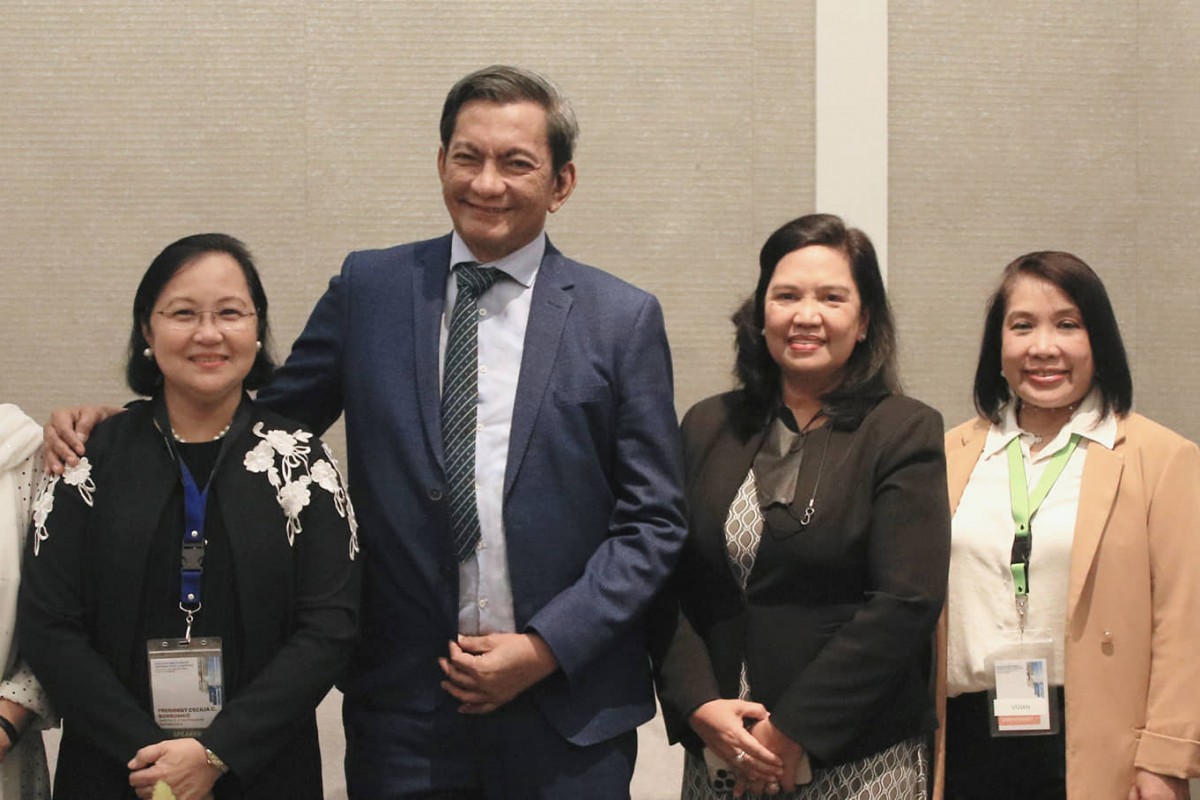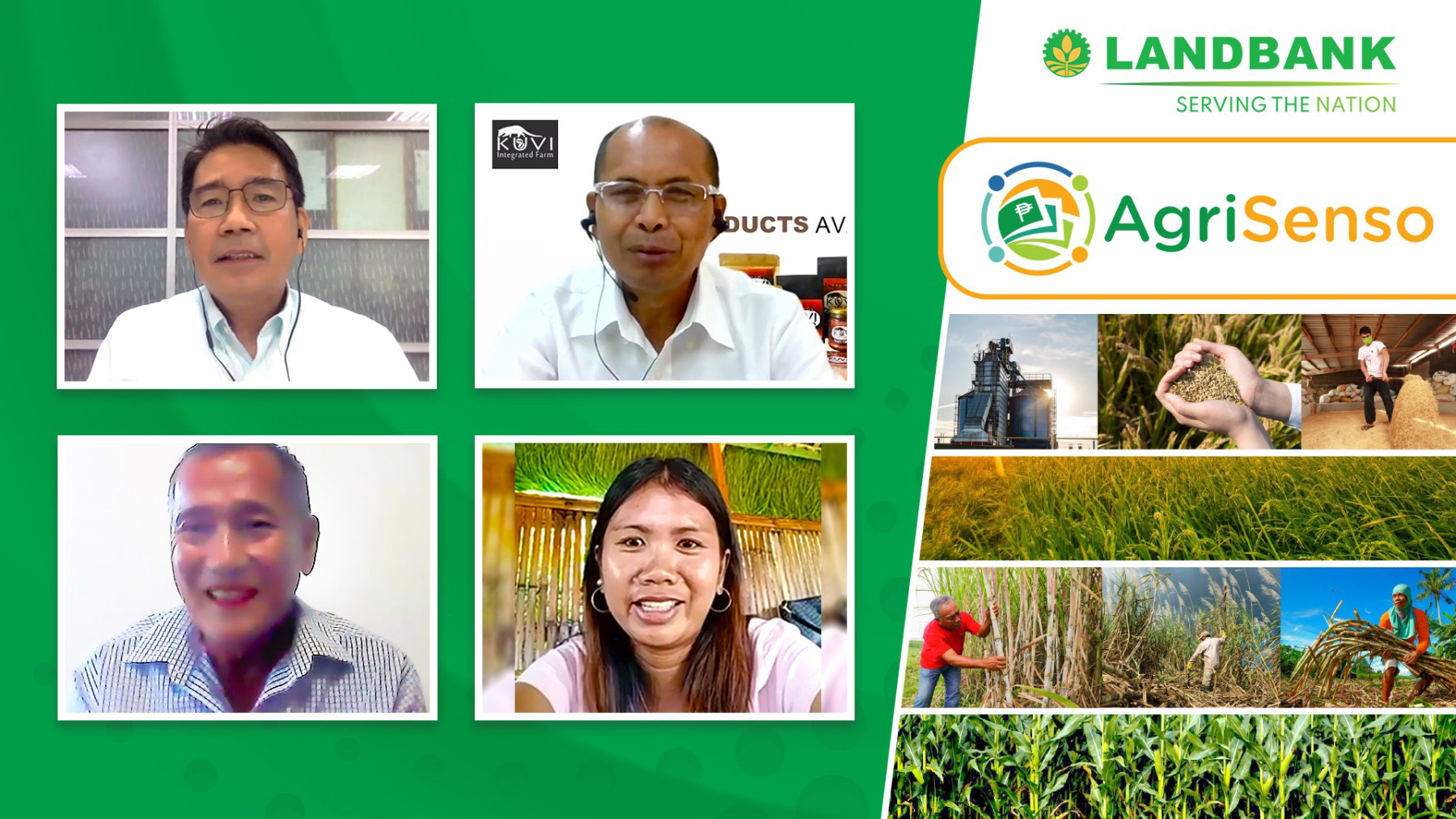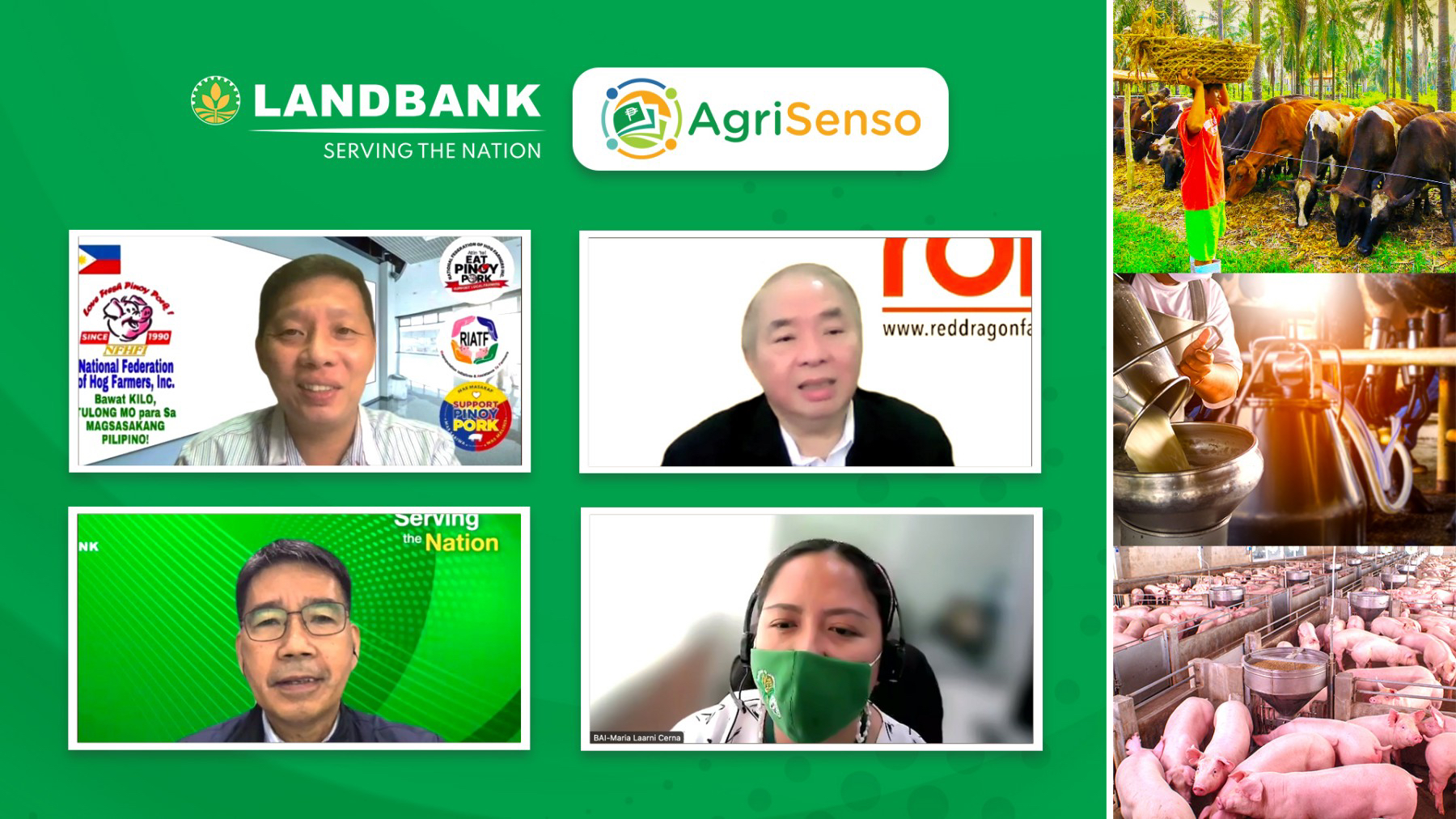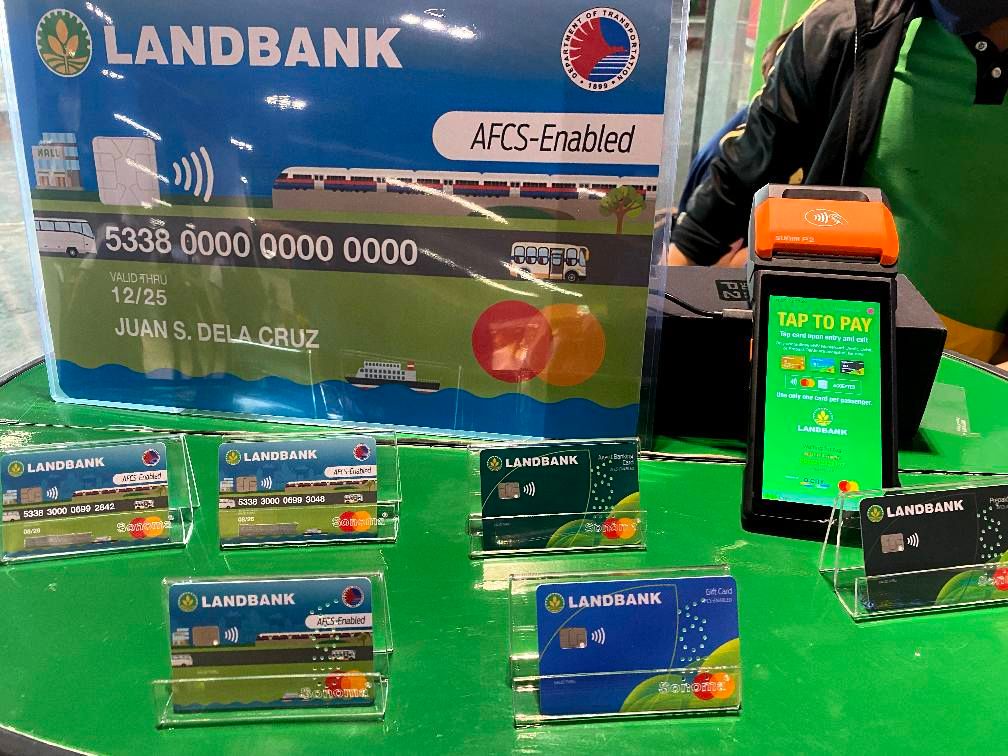MANILA -- The Land Bank of the Philippines (LANDBANK) assures local development stakeholders of continued access to climate finance under the Green Climate Fund (GCF), in support of projects for climate change adaptation and mitigation.
The state-run Bank expressed its continuous commitment in contributing to address the climate crisis at the Disaster and Climate Emergency Policy Forum on 22 September 2022, organized by the Local Climate Change Adaptation for Development (LCCAD), University of the Philippines Resilience Institute (UPRI), 4K Foundation, Komunidad Global, Albay Embassy and Climate Change Commission (CCC), in partnership with the House of Representatives and the Office of Albay Rep. Joey S. Salceda.
“LANDBANK stands ready to extend necessary credit assistance to boost national and local resiliency and adaptive capacity to climate change. We are collaborating with various development partners, such as the GCF, towards building a more sustainable future,” said LANDBANK President and CEO Cecilia C. Borromeo.
The GCF is an operating entity of the financial mechanism of the United Nations Framework Convention on Climate Change (UNFCCC) and Paris Agreement, dedicated to support global efforts to respond to the challenge of climate change.
The program aims to help developing countries limit or reduce greenhouse gas (GHG) emissions and adapt to climate change, by supporting programs and projects that promote a paradigm shift to low-emission and climate-resilient development.
As a Direct Access Entity (DAE) of the GCF, LANDBANK channels grants and loans provided by the GCF to finance local projects that aim to mitigate and adapt to climate change. The Bank leads the project development, management, monitoring and evaluation, in partnership with public and private entities.
In April of this year, LANDBANK and the Philippine Atmospheric, Geophysical and Astronomical Services Administration (PAG-ASA) under the Department of Science and Technology (DOST) started the implementation of the very first GCF-approved project in the country.
The GCF project titled, “The Multi-Hazard Impact-Based Forecasting and Early Warning System,” aims to shift from a traditional hazard-based to an impact-based forecasting and early warning system, to help the public take pre-emptive measures and improve disaster risk reduction in the long run.
The project will benefit communities in the disaster-prone areas of Palo, Leyte; New Bataan, Davao de Oro; Tuguegarao City, Cagayan; and Legazpi City, Albay.
LANDBANK is proposing for GCF approval eight other projects designed to promote climate change mitigation, adaptation and resiliency in the sectors of agriculture, health, transportation, renewable energy and energy efficiency, water resource management and ecosystem management.
LANDBANK’s contribution to the GCF underscores its commitment to sustainable development and environmental protection, alongside facilitating the uninterrupted delivery of financial services to key economic development sectors.
In his first address at the UN General Assembly on 21 September 2022 (Tuesday, September 20, New York Time), President Ferdinand R. Marcos, Jr. also urged developed countries to extend climate financing to countries that are most vulnerable to climate change. (LANDBANK)





